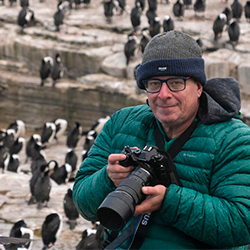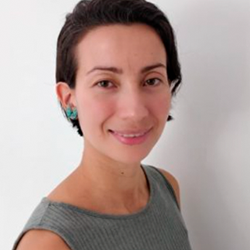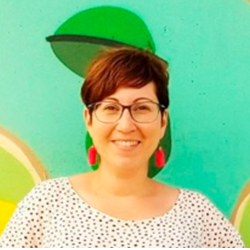
“We designed the Cos4Cloud project to visualize the potential role of citizen observatories both in the field of citizen science research and as collaborative platforms that allow significant improvements in the challenges posed by our society. The connection with the EOSC allowed us to connect with other scientific and technological disciplines. With the final outcomes, thanks to the efforts of the Cos4Cloud consortium, we can be satisfied with having achieved, if not exceeded, the objectives we set at the beginning of the project.”
Jaume Piera, researcher at ICM-CSIC and associate researcher at CREAF. He coordinates the European Horizon 2020 projects Cos4Cloud MINKE and ANERIS and the citizen science platform MINKA and participates in the MONOCLE, ARSINOE and European Citizen Science (ECS) projects.

“For me, Cos4Cloud has been an educational journey that, fortunately, had many helpful hands to enrich it. As a project, it is inspiring the outcomes that can be achieved when citizen scientists, developers, and citizen observatories (COs) managers work together to develop open tools and resources that benefit observatories and, ultimately, the broader community of citizen scientists. It marks a significant first step in the visibility of citizen science inside the EOSC universe and of the COs as essential technological infrastructures, both with significant challenges and potential.”
Karen Soacha, co-design coordinator, part of the Cos4Cloud coordination team & Governance & Transfer of knowledge at ICM-CSIC.

“Cos4Cloud has been a great example of how collaboration can produce beautiful results. Partnership in terms of the work team, working with experts and citizens and putting citizen science in the EOSC. Going together has made it possible to create services and products that make us proud, and I am sure they will help advance citizen science.”
Sonia Liñán, communication and citizen engagement coordinator in Cos4Cloud & ICM-CSIC, and part of the Cos4Cloud coordination team.

















